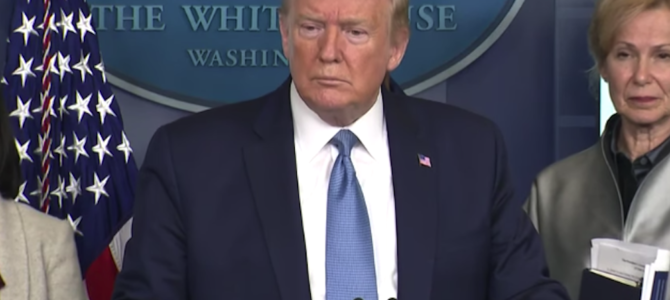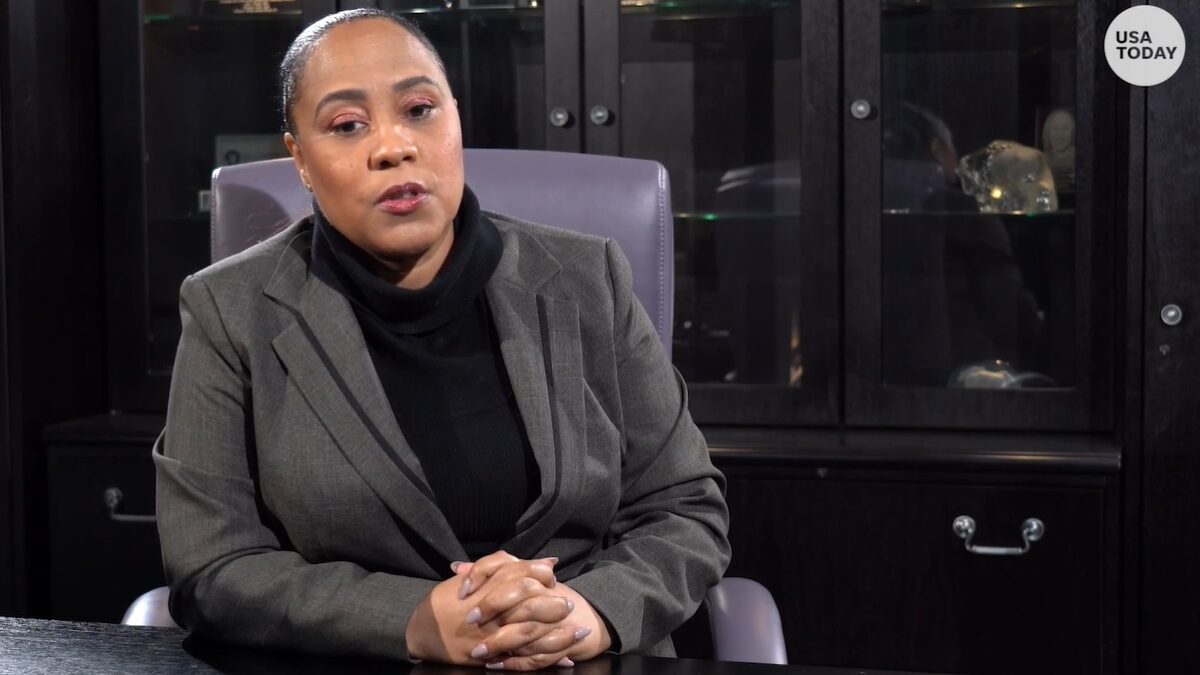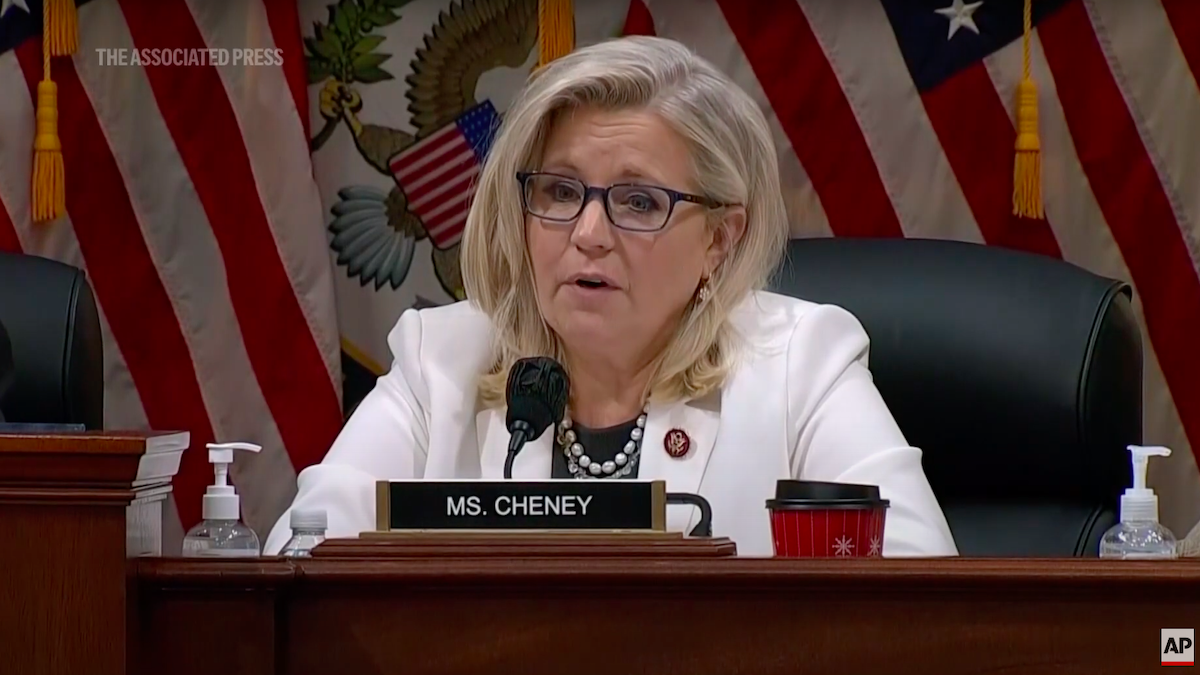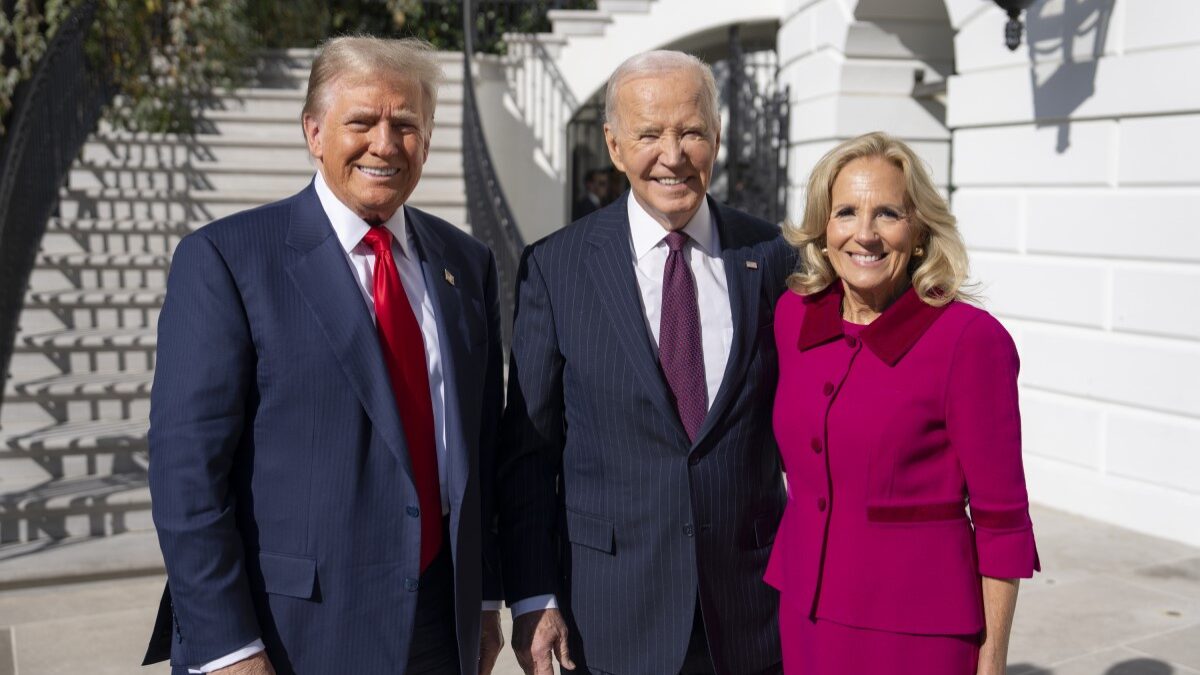There has been a little confusion in the corporate media of late. It seems they can’t quite decide if in the face of coronavirus President Trump should be more authoritarian or more deferential to the states.
In fairness, these pundits have to constantly figure out where Trump stands so they can quickly be against it, but the mood over the past week has changed remarkably. Last week it was an outrage that Trump hadn’t instituted a national lockdown. This week it’s an outrage that he thinks he has the authority to do so, or to reverse it.
Setting aside that whiplashed head spinning, let’s have a look at the nature of the current complaint against the president. Over the weekend and more pointedly on Monday during the White House Task Force variety show, Trump asserted that he has absolute authority to end the lockdowns cramping the nation’s economy. Commentators across the political spectrum decried this notion, saying te Constitution does not give the executive branch of the federal government that power.
How dare Trump assume such authority, the wailing went. But hold on. There is, at present, no crisis of authority between the federal government and the states. By most accounts its been going pretty well. Democratic governors like Andrew Cuomo and Gavin Newsom might not be going camping with Trump anytime soon, but a quiet kumbaya seems to have been established. It’s a phenomenon we would be celebrating if we didn’t hate each other so much.
So why at this juncture would Trump concede that he has no authority over the lockdowns? Does he get any advantage from it? Do we even know that it’s true? This is completely uncharted territory. Who knows how interstate commerce plays into a state-by-state national lockdown? Trump can force companies to switch to making medical supplies, but he can’t tell dentists or restaurants to open? Are we sure? Do we have any basis upon which to know with certainty?
It is entirely appropriate for the Trump administration to want some leverage here. The president has been clear day after day and week after week that he prefers the heavy lifting to be done by governors closest to the situation, with his help from Washington. But that is not inconsistent with maintaining a position that the executive branch has some cards to play. That it is not some powerless dispassionate observer.
The entire point of checks and balances is that if one branch of government goes too far it can be stopped by another. Should the branches of government be cautious about overreaching? Maybe, but they should also be cautious of underreaching. Avoidance of constitutional conflict is not some a priori good unto itself. This is exactly how we test our system, and there is no reason the president should fold before the hand is played.
The flexibility of our system of government is the secret of its long success. Throughout its history, America has faced challenges where the past cannot give us clear instruction. This is such a moment. This has never happened before. The entire country has never decided on purpose to shut down. It may be unprecedented in the history of capitalist republics. Is it really so bizarre that the president of the United States would play a role in such a situation? Of course it isn’t.
The time may come when Trump and governors actually have beef to settle. And we have courts to deal with that. But we seem nowhere close to it. In fact, much to the chagrin of most of the crisis-loving media, we have handled all this pretty well on all levels.
Does Trump have the authority to end the lockdowns in the states? I’m no expert, but probably not. Most of the experts say probably not. Cuomo says in his opinion the president has no such authority. In his opinion, though, he used those words for a reason. Nobody really knows.
And until we have to find out, and hopefully we never do, President Trump should concede nothing on this issue. Neither he nor the country will gain anything if the executive branch of the federal government raises the white flag in surrender.








